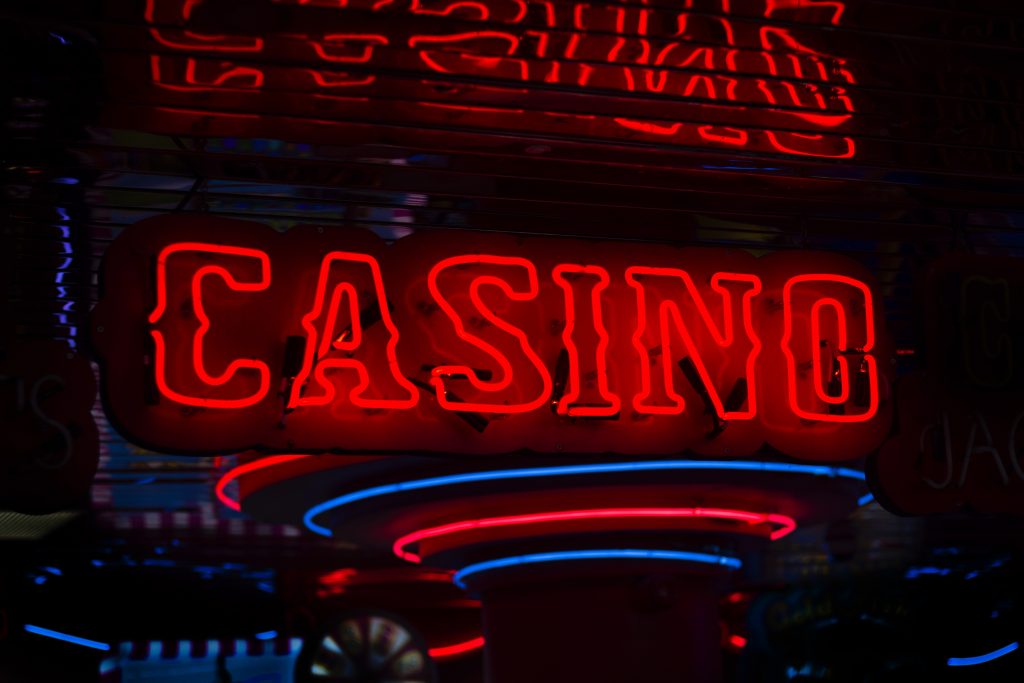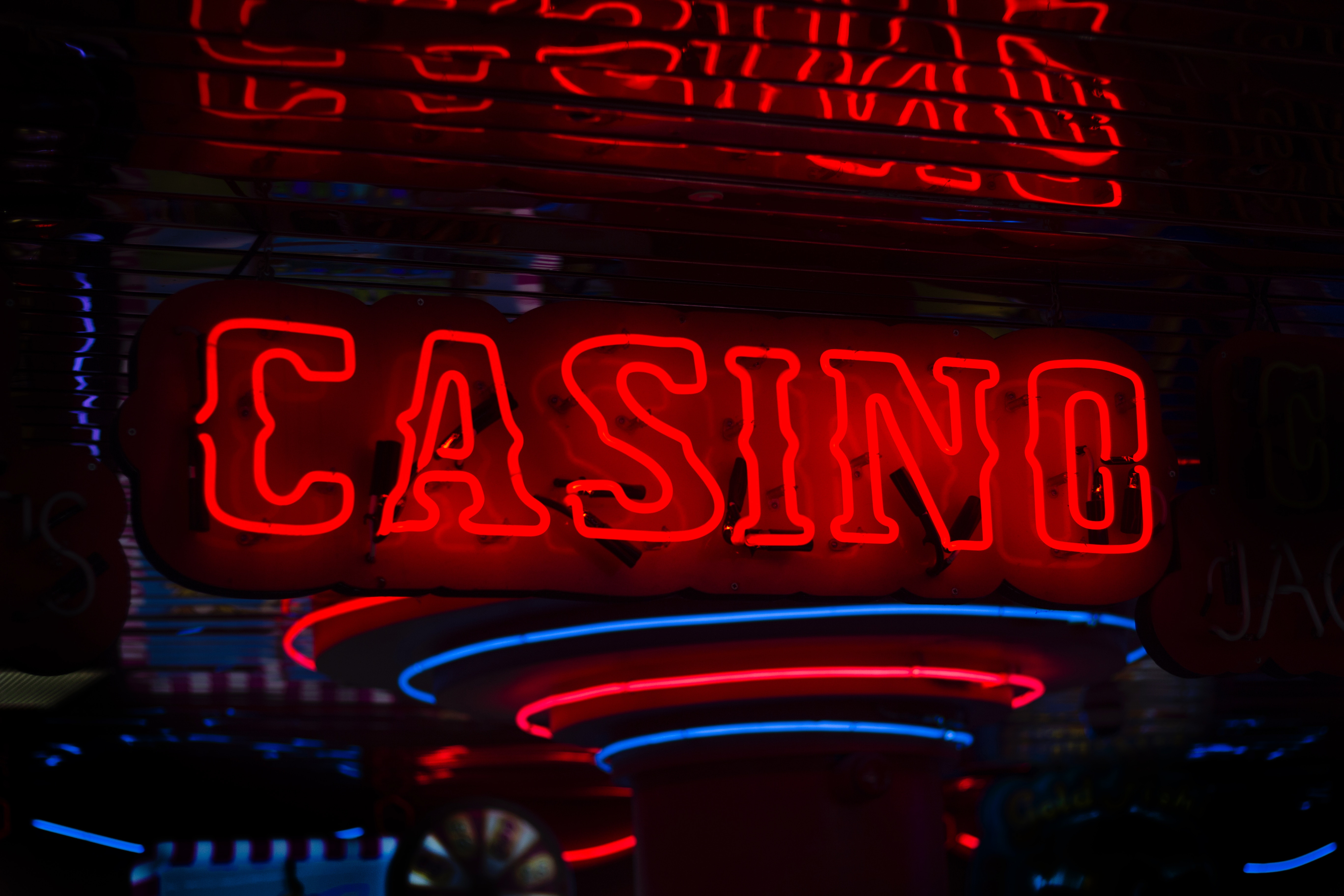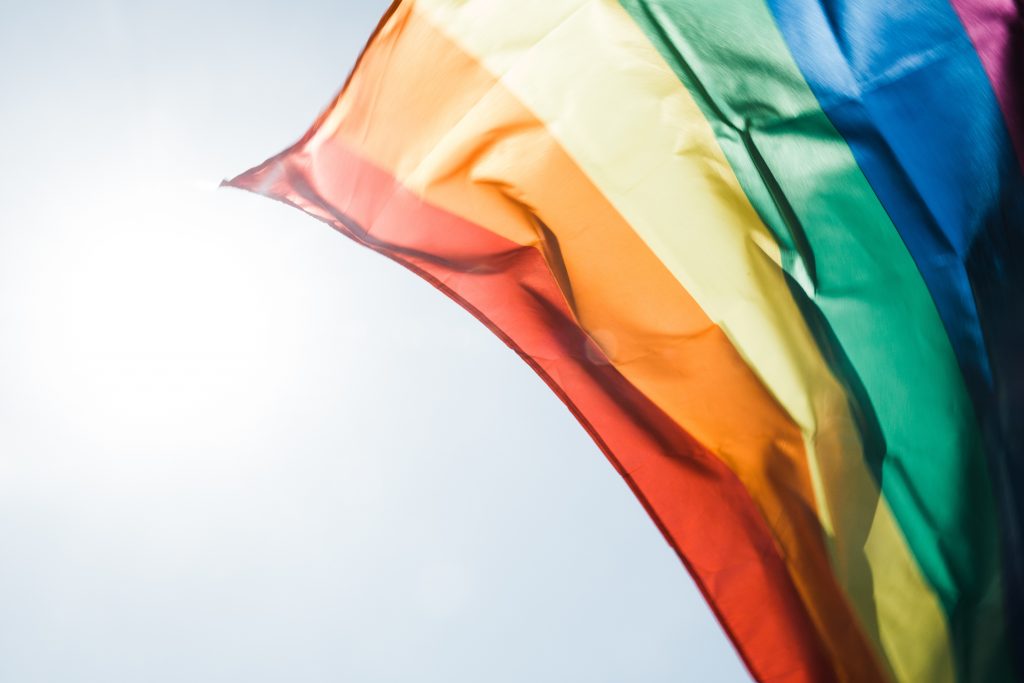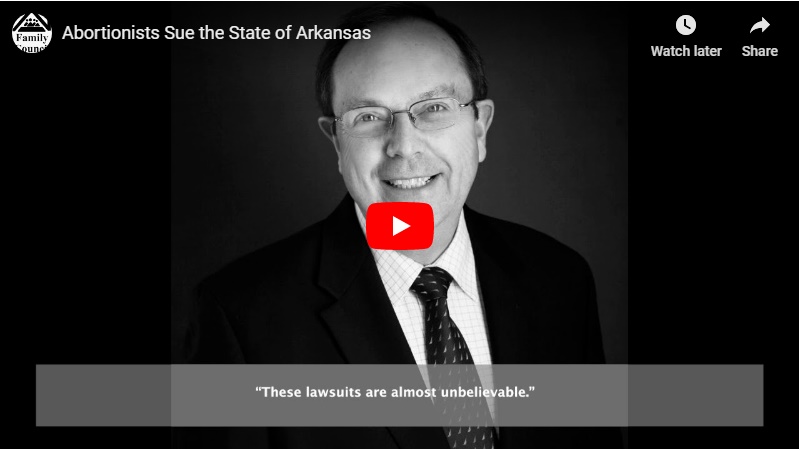Oaklawn Casino Opens Sports Betting, Renames “Electronic Games of Skill” As Slot Machines

This week the casino at Oaklawn in Hot Springs began accepting bets of sporting events.
Gamblers will be able to wager on everything from professional golf to NASCAR races and from college football to Olympic events.
Gambling on sports is just a bad idea all around. Athletes already face enough pressure as it is. Nothing good is going to come of it if fans have big money riding on whether or not a 20-year-old college quarterback can throw a touchdown pass.
Interestingly, since becoming a full-fledged casino, Oaklawn has re-branded several of its so-called “electronic games of skill.”
Up until this year, the racetracks in Hot Springs and West Memphis let people gamble on electronic games that, in theory, required some level of skill to play and win.
In 2007 Family Council Action Committee filed a lawsuit over the “electronic games of skill.” Attorneys for Oaklawn and Southland assured people that even though these electronic games looked a lot like casino games, they really weren’t.
Fast-forward to 2019. Now that Oaklawn and Southland can offer casino games, some of these “electronic games of skill” from years past apparently are being re-designated as slot machines.
For example, Oaklawn has offered games like Willy Wonka Pure Imagination and Zeus: Son of Kronos since at least 2017. Once upon a time these were electronic games of skill. Now Oaklawn’s website lists them as slot games.




